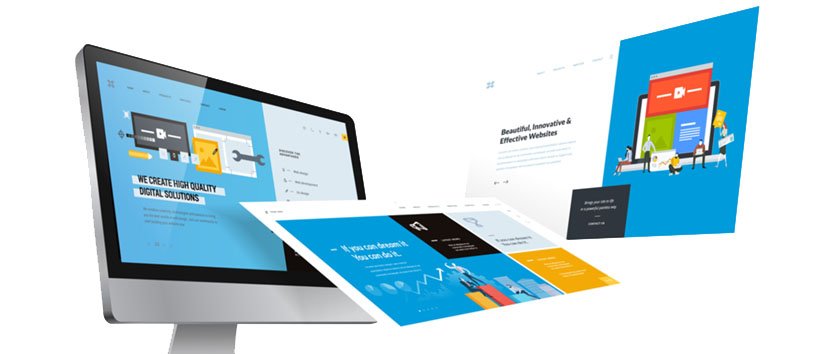
Web design refers to the design of websites that are displayed on the internet. It usually refers to the user experience aspects of website development rather than software development. Web design used to be focused on designing websites for desktop browsers; however, since the mid-2010s, design for mobile and tablet browsers has become ever-increasingly important.
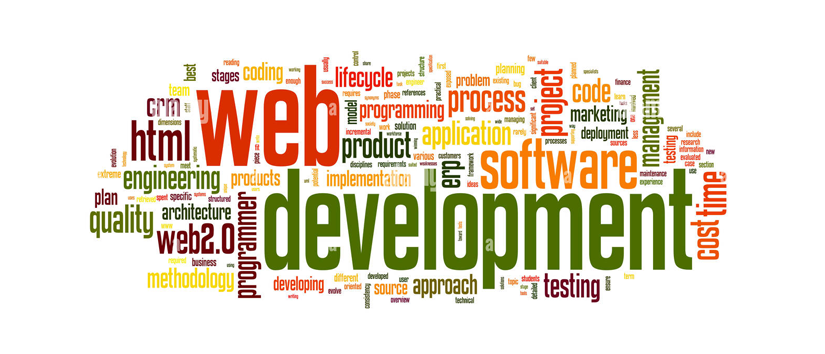
Web development refers in general to the tasks associated with developing websites for hosting via intranet or internet. The web development process includes web design, web content development, client-side/server-side scripting and network security configuration, among other tasks.

Ecommerce development is the process by which an online retail business is structured and can work properly. Another aspect to develop in the case of eCommerce development is ensuring proper marketing and customer communication.

Billing software allows you to track the products and services your customers use, generate and send invoices with, and receive payments. However, some billing platforms are capable of much more. They can automate the repetitive tasks your finance team struggles with on a daily basis.
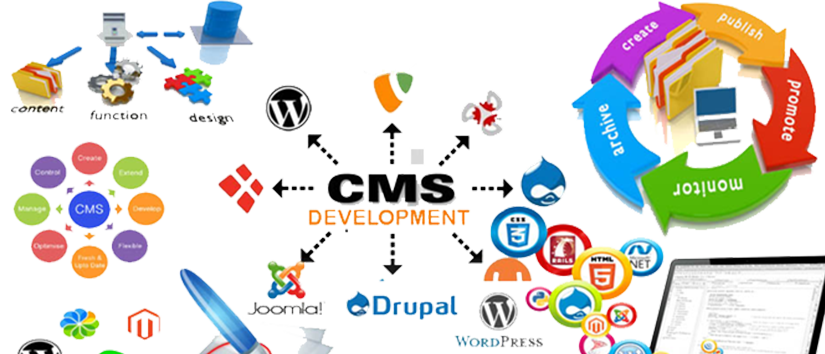
A content management system (CMS) is an application that is used to manage web content, allowing multiple contributors to create, edit and publish. Content in a CMS is typically stored in a database and displayed in a presentation layer based on a set of templates.
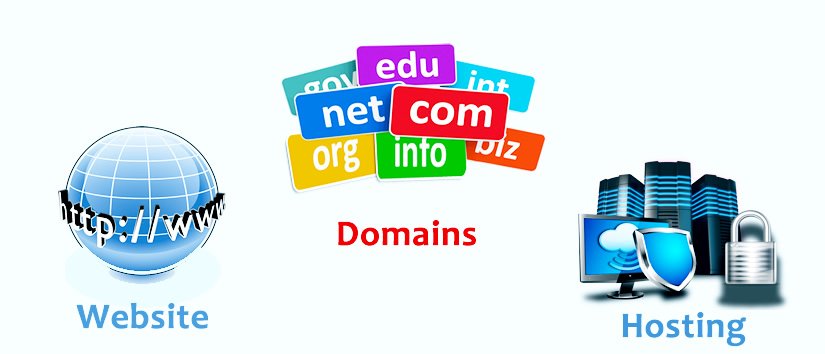
As the name suggests, domain hosting refers to services that host domain names for your website. They sell domains and register them to an owner for a specific subscription fee. It is very different from a web host, where you can purchase both a domain and a web hosting account from the same place.
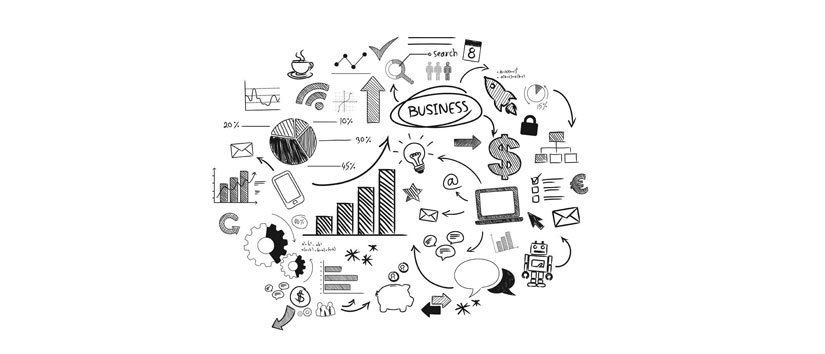
Digital marketing, also called online marketing, is the promotion of brands to connect with potential customers using the internet and other forms of digital communication. This includes not only email, social media, and web-based advertising, but also text and multimedia messages as a marketing channel.
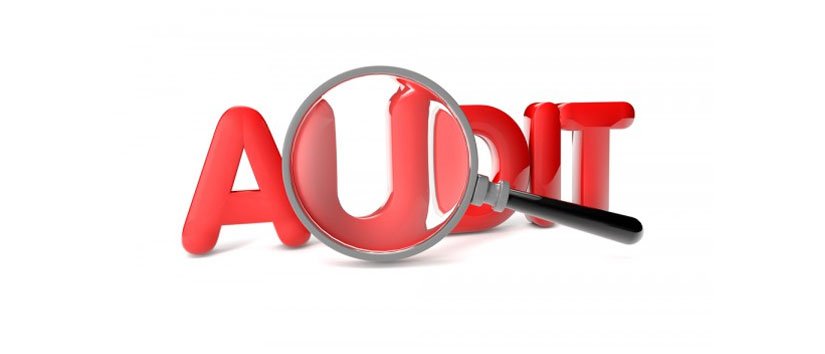
A software audit is a review of a software product to check its quality, progress, and adherence to standards and regulations. It can be conducted by an internal team or by one or more independent auditors.
The purpose of a software audit is to ensure that software development practices and products meet industry standards and organizational requirements.
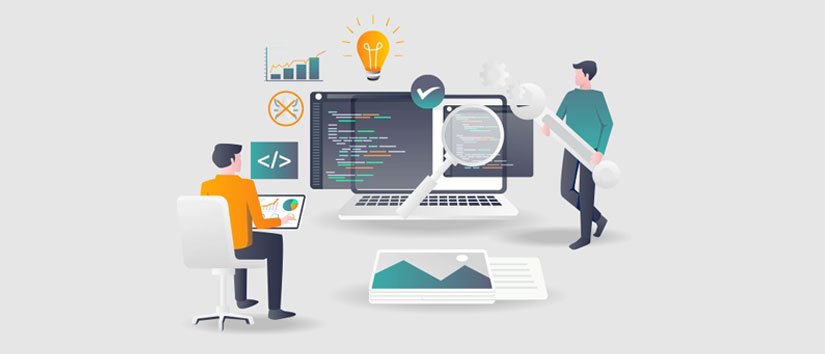
Custom software development is the process of designing, implementing, testing, deploying software that is custom built to fit your organization’s requirements rather than purchased off-the-shelf software.
Custom software’s most significant benefit is providing features that off-the-shelf software doesn’t. After the custom-designed solution is implemented, the problems it solves can be well worth the costs.
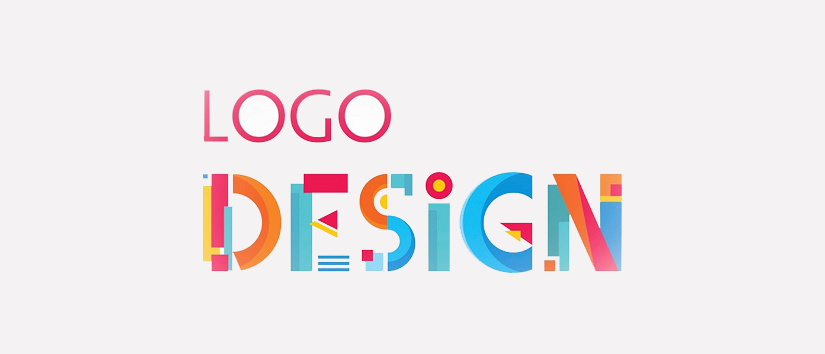
A logo is a symbol or design used to identify a company or organization, as well as its products, services, employees, etc. In its simplest definition, a logo identifies. It's how your company is recognized and remembered among others. It also functions as the face of your business.

Branding is the process of creating a distinct identity for a business in the minds of customers. It involves using a logo, design, symbol, or slogan to create awareness of a product or service in the market. Branding also includes a company's name, visual identity design, mission, values, and tone of voice.
Copyright 2024. All Rights Reserved by DTechnopark